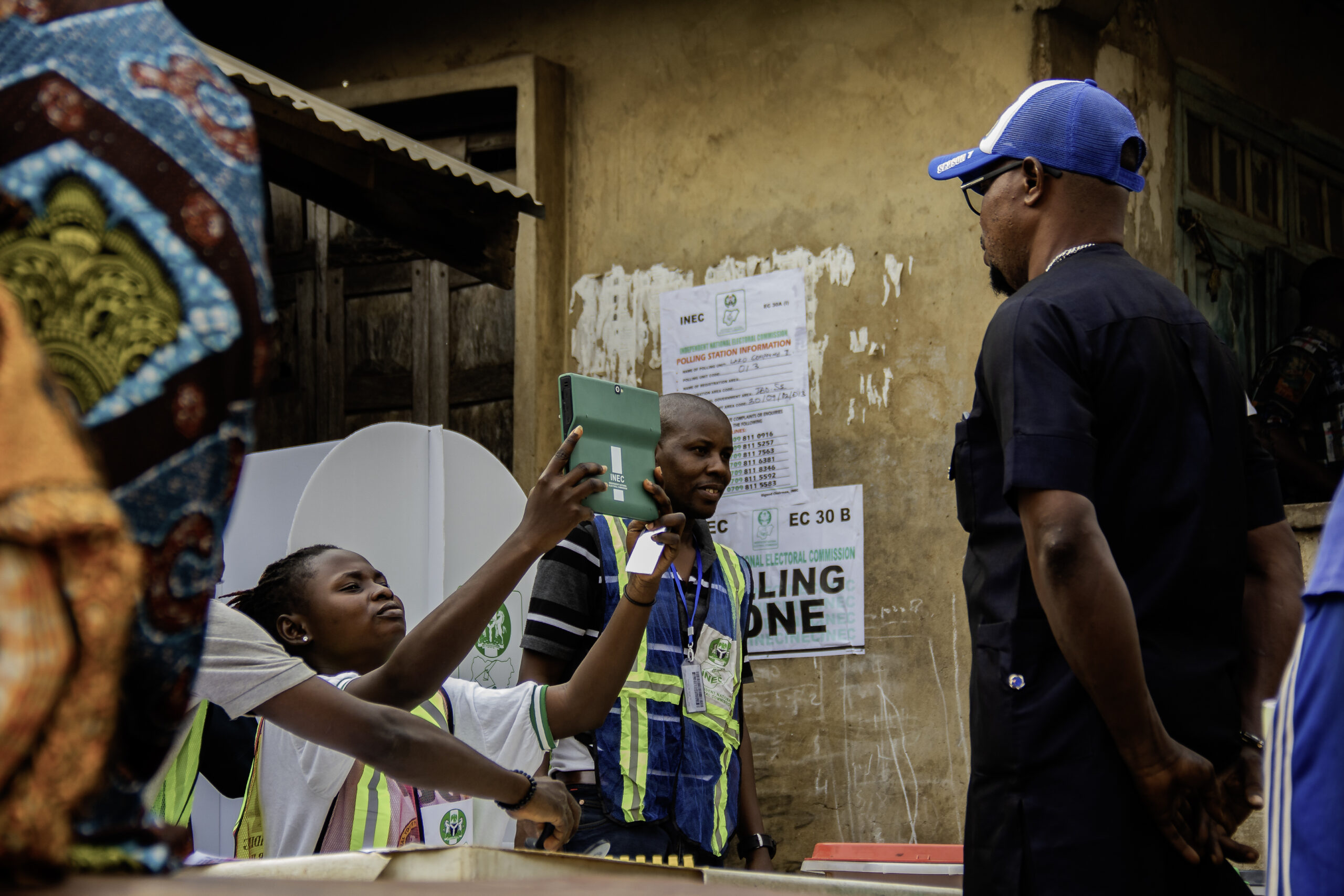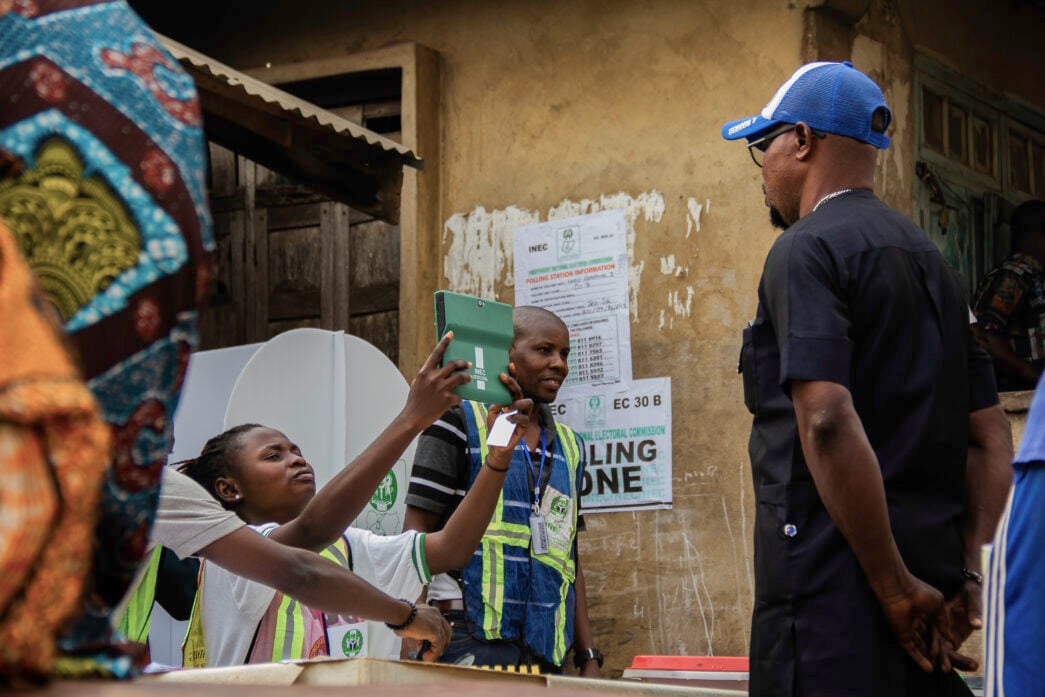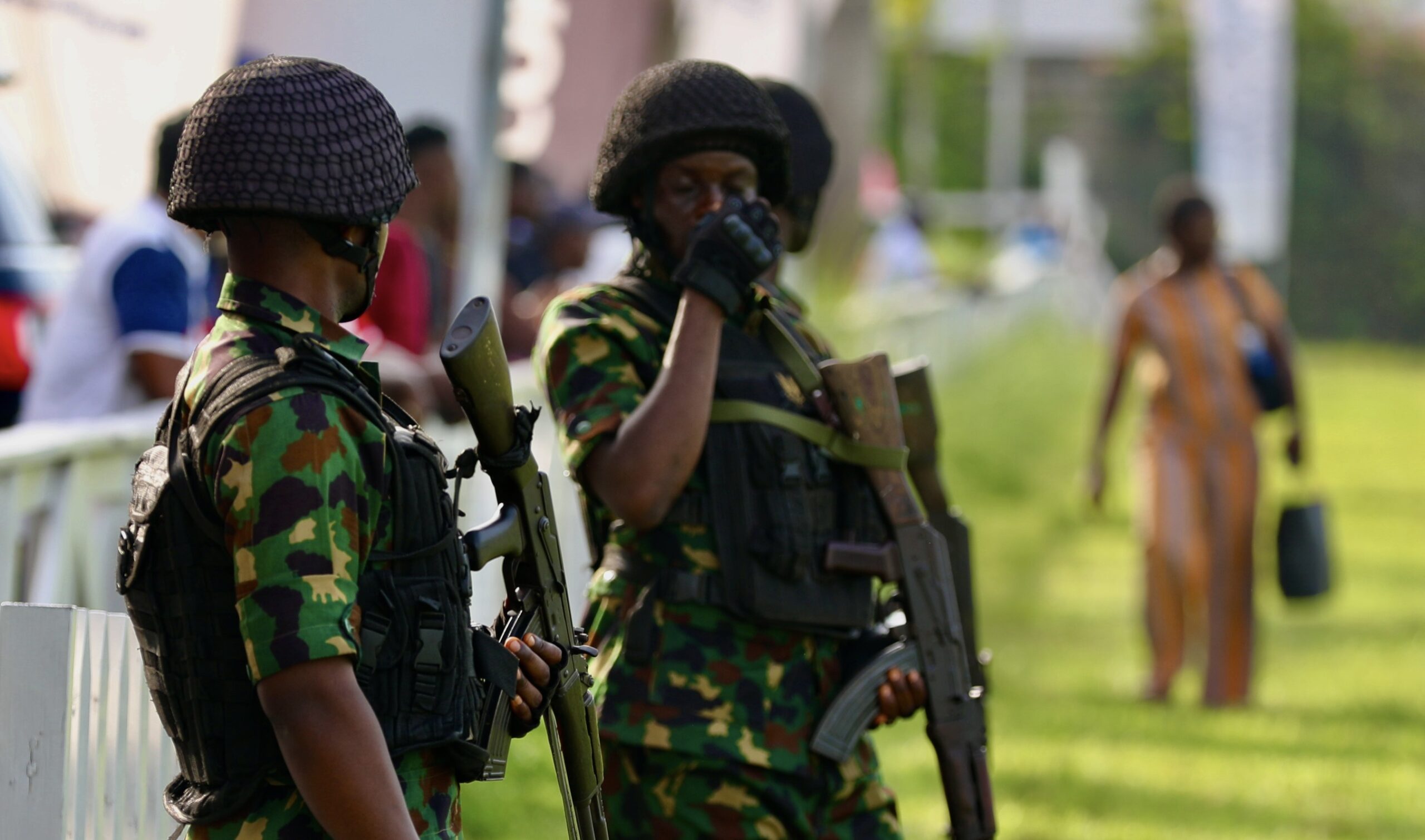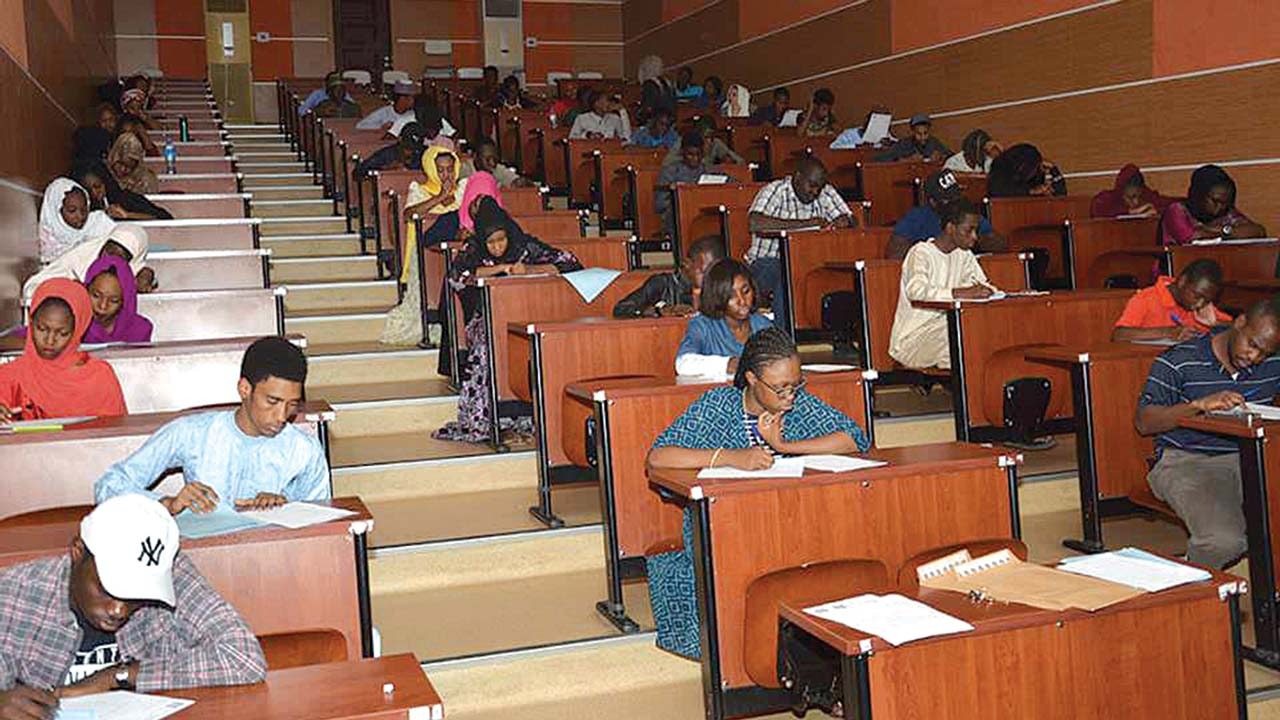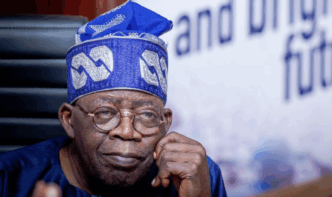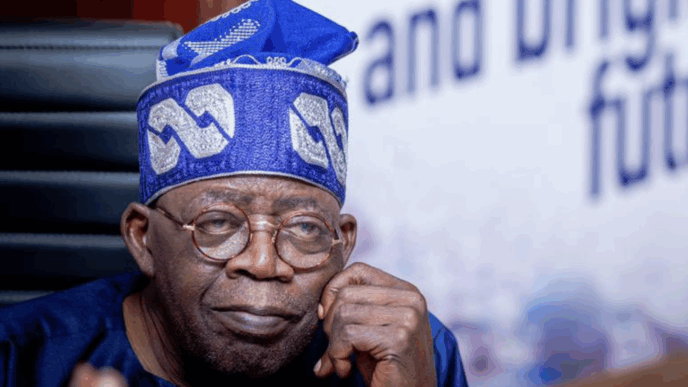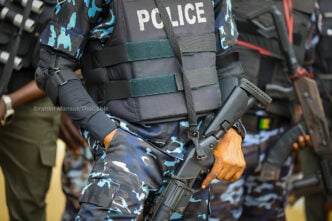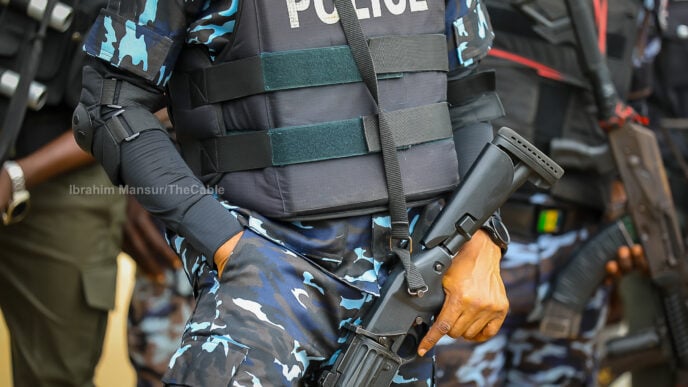BY AGIANPE ONYEMA
In 2027, Nigeria will have its eighth general elections since its return to democracy in 1999. The presidential and national assembly elections are scheduled for Saturday, 20th February 2027, while the governorship and state houses of assembly elections will be held on 6th March 2027.
As Nigeria moves steadily towards the 2027 general elections, a growing number of citizens, civil society actors and political stakeholders are asking the same question: What will it take for Nigerians to truly trust the electoral process again? This question is at the heart of our democracy and national stability. The answer, or at least a vital part of it, lies in a Credibility Threshold which defines a clear, practical and nationally owned standard for electoral credibility.
It is against this backdrop that the Nigeria Civil Society Situation Room, a coordinated platform of over 70 civil society organisations, is launching its Credibility Threshold for the 2027 general election on Monday, 30 June 2025. This document defines clear, measurable benchmarks that any election will need to satisfy to be deemed free, fair and credible. These standards, which have become reference points for citizens, observers and policymakers, are not merely a statement of ideals – it is a call to action and a reflection of lessons learned from past elections.
Advertisement
Why the Credibility Threshold Matters
Since 2011, Situation Room has deployed observers, made recommendations and led advocacy on Nigeria’s electoral process. In 2015, hope surged as reforms and improvements showed prospects in Nigeria’s electoral process. Unfortunately, that hope was dimmed in 2019 and virtually extinguished in 2023, when logistical failures, opaque result management, weak institutional accountability and widespread voter suppression destroyed public confidence.
This new Credibility Threshold sets out to reverse that trend. It provides a concrete, actionable framework that speaks directly to the root causes of electoral distrust. It is built around three critical pillars of trust – integrity, delivery and engagement. These three pillars seek to answer three burning questions that presently plague Nigeria’s electoral process:
Advertisement
- Integrity: Are electoral actors impartial, ethical and accountable?
- Delivery: Are institutions prepared, competent and well-resourced to administer elections?
- Engagement: Are citizens and stakeholders given access, information and a voice?
Trust in Nigeria’s elections cannot be restored by technical fixes alone. It must be earned through a combination of fair processes, transparent actions and genuine accountability. That process must begin before, not during, elections.
What the Threshold Demands
The Credibility Threshold sets out clear expectations for every major actor in Nigeria’s electoral process, including the Independent National Electoral Commission (INEC), the national assembly, the judiciary, political parties, security agencies and civil society organisations.
Some of the demands include the credibility criteria for appointment of INEC commissioners, a two-hour requirement for the upload of polling unit results, a 24-hour collation pause in the event of violence or device failure and the establishment of public complaint e-portals.
Advertisement
The Credibility Threshold also demands that the national assembly completes its legal reform procedure at least 12 months before the polls, that the judiciary complies strictly with electoral timelines, that political parties are transparent in their internal affairs, that security agencies publish an Integrated Election Security Framework and that civil society organisations are protected and guided by a shared code of conduct in election observation and reporting.
The document further addresses voter education, campaign monitoring, the misuse of state media and resources and the need for inclusive access for youth, women and persons with disabilities. These are not abstract principles; they are critical lessons from the past two decades of Nigeria’s electoral struggle.
A Tool for Action and Accountability
What distinguishes the Situation Room’s Credibility Threshold from previous advocacy efforts is that it goes beyond outlining expectations to committing to active accountability. Situation Room will track stakeholder performance through quarterly compliance scorecards, high-level dialogues with electoral actors, an Early Warning and Rapid Response Hub, and a pre-election credibility report to be published in January 2027. These mechanisms are designed to ensure that civil society is not a bystander, but a proactive force shaping the integrity of the election process in real-time.
Advertisement
Looking Ahead
The 2027 general elections present a chance to restore faith in Nigeria’s democracy. Citizens are watching. Voters are disillusioned. Young people are increasingly opting out. If trust continues to erode, Nigeria may not simply face voter apathy, but a dangerous turning point for civic legitimacy itself.
Advertisement
Situation Room’s Credibility Threshold is an invitation to reset the standard. It is a tool for civil society, a benchmark for the government and a signal to political actors that the era of impunity must end. It reminds us that credible elections are not just about casting ballots. They are about building belief in the democratic process.
As the Nigeria Civil Society Situation Room launches this new Credibility Threshold on Monday, 30 June 2025, it calls on all Nigerians, including institutions, media, political parties and citizens, to read it, share it and use it to demand action. Democracy without trust is no democracy at all.
Advertisement
Agianpe Onyema, the secretariat coordinator of the Nigeria Civil Society Situation Room, writes from Abuja
Advertisement
Views expressed by contributors are strictly personal and not of TheCable.
